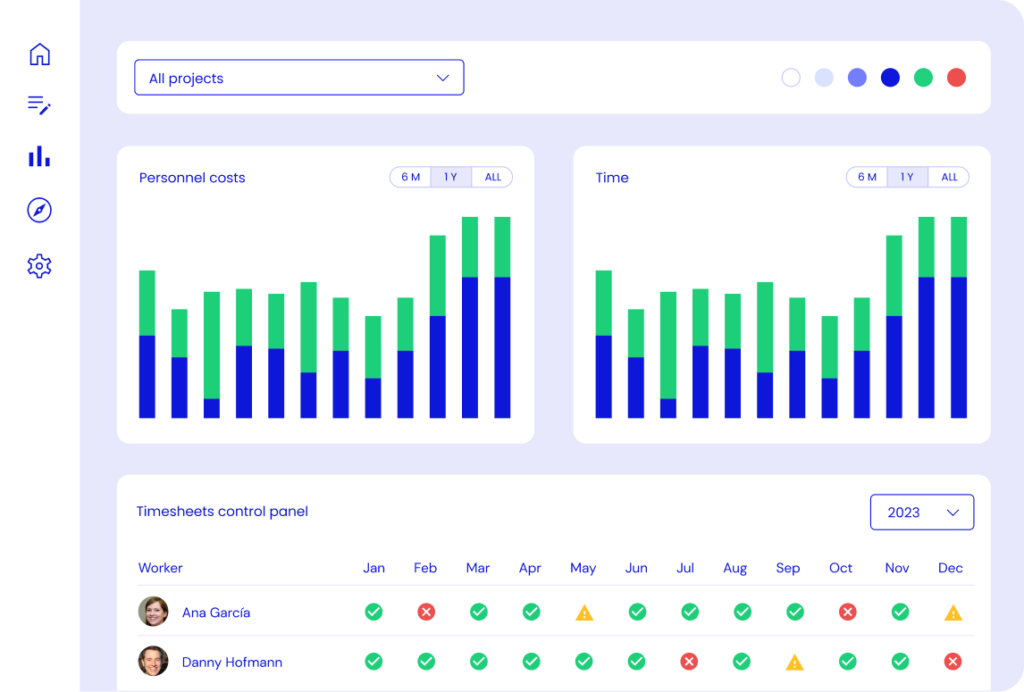When managing Horizon Europe grants, every euro must be fully justified and traceable. Among all budget categories, subcontracting costs are some of the most frequently scrutinized by auditors—and also the most prone to rejection due to administrative mistakes.
Here are 9 essential tips to ensure your subcontracting expenses are always eligible, auditable, and compliant with the Grant Agreement.
1. Subcontract Only When Absolutely Necessary
You may subcontract tasks only if you lack the internal capacity to perform them. The European Commission requires justification explaining why the work cannot be done with internal resources.
Subcontracting out of convenience or preference—not necessity—can easily lead to cost rejections.
2. Declare All Subcontracting in Annex 1
Every subcontracted task must be explicitly listed in Annex 1 (the Description of the Action) of the Grant Agreement. If you plan to subcontract work that’s not described there, it must be formally added via an amendment.
Unlisted subcontracting is one of the most common reasons for ineligible costs.
3. Apply Public Procurement Principles—Even if You’re Private
Even if your organization is not a public body, you must follow procurement principles like:
- Best value for money
- Equal treatment of bidders
- Transparency and traceability
These principles must be respected and properly documented for every subcontractor you engage.
4. Document the Entire Selection Process
A lack of transparency in vendor selection is a red flag in audits. Keep thorough records of:
- Requests for offers or quotes
- Bid evaluations
- Justifications for your final choice
Even informal procedures must be clearly documented to prove fairness.
5. Avoid Conflicts of Interest
Do not award contracts to companies that have family or business ties to consortium partners or project staff. If such a link exists, you must disclose it, justify it thoroughly, and obtain explicit authorization from the granting authority.
Conflicts of interest—real or perceived—can automatically lead to rejected expenses.
6. Sign Written Contracts with Clear Deliverables
Each subcontractor must sign a written agreement that includes:
- A detailed scope of work
- Expected deliverables
- Deadlines
- Total cost and payment terms
This document becomes vital in audits or financial reviews.
7. Monitor Deliverables and Execution
Even if a task is subcontracted, the beneficiary remains responsible for its proper execution. You should:
- Set up check-ins and progress reports
- Verify deliverables before payment
- Document feedback and acceptance of work
Subcontracting doesn’t mean outsourcing responsibility.
8. Ensure Full Financial Traceability
Subcontractor payments must be:
- Supported by detailed invoices
- Matched to actual work performed
- Reasonable and market-aligned
Avoid bulk payments without documentation or milestones. Each payment must be linked to specific deliverables.
9. Keep All Documentation for at Least 5 Years
The European Commission can audit your project up to five years after the final payment. Make sure to retain:
- Contracts
- Invoices and proof of payment
- Documentation of the selection process
- All correspondence with subcontractors
A strong document trail is your best defense during audits.
Subcontracting can add great value to your project—but only if it is well-managed and properly documented. Failure to comply with EU rules may lead to ineligible costs and, in extreme cases, repayment of funds.
With tools like Kronis.app, you can track, validate, and document subcontracting activities across your EU-funded projects—reducing risk and administrative burden.

